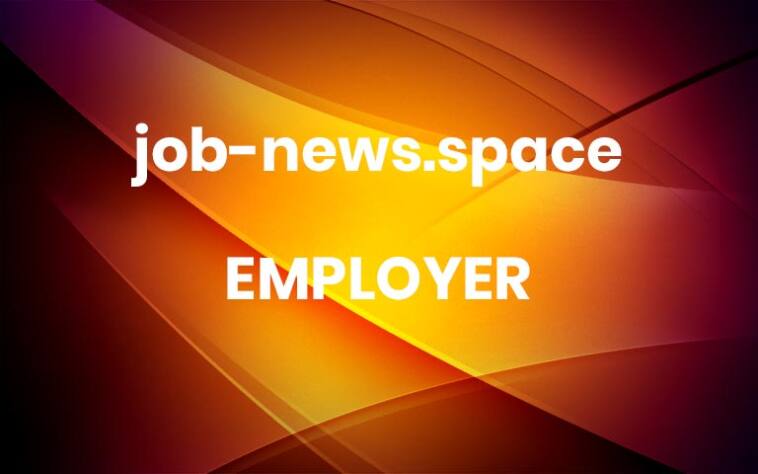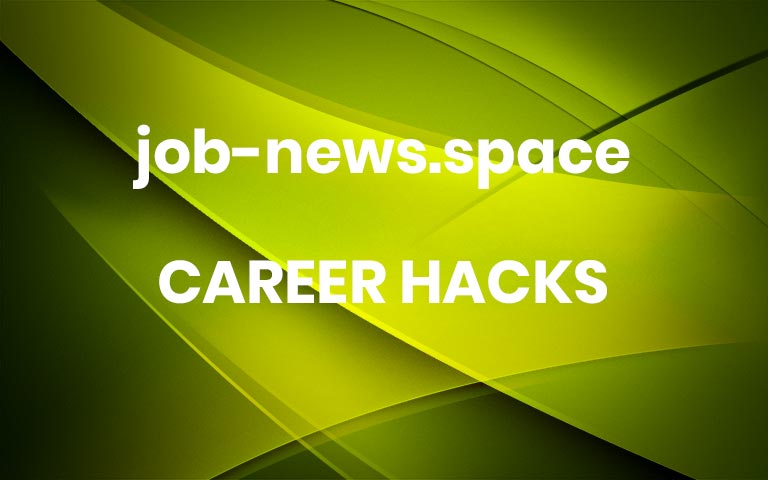You’ve heard resume and interview tips from friends, you’ve heard them from teachers, and you might have even heard them from people who claim to be job acquisition experts. But there is one particular group of people who will be able to provide resume and interview tips that are more valuable than everyone else’s, and that’s the person who is responsible for hiring you.
Unfortunately, people don’t really get the chance to ask employers what they consider a good interviewer to be or for tips on their resumes, at least not until the opportunity to get a job has sailed.
That’s why we did it for you.
In our recent virtual event with Dell Technologies, we heard from the $100 billion, multinational tech company regarding what they are looking for on resumes and how to nail their interview process. Leading the virtual event was Human Resources Rotation Program Manager, Megan Evangelista, who offered her invaluable insight regarding resume tips and interview advice.
If you didn’t make the virtual event, that’s ok! The following are a few golden nuggets from Megan’s 5-step guide to help you land a job at Dell Technologies.
1. Resume 101
The first and most important tool you’ll need to sharpen for the application process is your resume. As Megan explained it, your resume is “that teaser trailer, that coming attraction opportunity for you to talk about yourself, your experiences, and get your reader excited and more importantly curious to hear more about you.”
Megan went on to detail how it isn’t enough just to list skills on your resume. Anyone can say they are analytical, detail-oriented, and a leader, but it’s how you describe your experiences and how those skills come to life that really proves you possess them.
Additionally, the way in which you organize and prepare your resume will go a long way as well.
2. Interview Prep
Once you have your resume locked down and prepared, you can move on to the interview preparation part. During the virtual event, Megan explained that the first and most important thing to do is research your audience. Reflecting on a past experience, Meg spoke about the bad impression it left when a candidate didn’t know anything about Dell.
“When I was a recruiter, there was nothing more disheartening to me than when I’d meet a student, and they were really excited, and then they would say, ‘so, what does Dell do?’”Megan Evangelista, HR Rotation Program Manager
In addition to researching the company, it is crucial to know your resume, understand the role’s responsibilities, and lastly, prepare some questions to ask your interviewer that show you have an active interest in the position and did your research!
Finally, make sure you try to get a grasp on some of the questions they may ask you during the interview. Some of these questions might have to do with communication, analytical skills, technical skills, teamwork, or your work ethic, so be prepared with examples from all categories.
3. Practice
One thing that a lot of candidates tend to skip over or forget to do is practice, starting with your elevator pitch. A good elevator pitch will include your name, major and class year, education and character highlights, what your ideal role is, and why you want to apply for the company (Dell).
The next thing you want to do is prepare examples for questions you might be asked. What Megan suggests using is the EAR method – example, action, result – when creating answers to questions.
“If you’re going through an interview you’re probably not terribly relaxed so it’s a great structure to rely on when you’re responding to those sort of questions.” Megan Evangelista, HR Rotation Program Manager
Lastly, you want to rehearse. Grab a friend or family member and ask them to listen to your elevator pitch or to ask you some interview questions. Record yourself or even do it in front of a mirror until it feels natural. The more you test your preparedness the more at ease you will feel when the interview comes around!
4. Execute
The day of the interview has arrived and now it’s time to put your skills and all the preparation to the test. While the main theme of the execution phase is preparation, scenarios will differ if you are doing a virtual or in-person interview.
If it is in-person, you’ll want to remember to dress professionally, arrive early (15 minutes minimum), turn off your phone, and bring extra copies of your resume. If it is virtual, you’ll also want to dress professionally, turn off your phone, and log in 15 minutes early, but you’ll also want to double-check your WiFi connection and ensure you’re in a quiet space without distractions.
“Finding a quiet space and taking a moment to breathe before you meet with anyone and really recenter yourself can really go a long way. So think about what centering and calming looks like for you and then make sure you’re prepared in advance.” Megan Evangelista, HR Rotation Program Manager
5. Follow up
Although many candidates may feel that a follow-up message is optional, in some cases, it could be the difference between someone saying “yes, let’s bring them in for another conversation” or “eh, we’ve seen enough.”
In her experience as a recruiter, Megan made the point that although “it sounds very intuitive and maybe even a little bit old-fashioned to send thank you notes,” she can guarantee that they go a really long way and aren’t as commonly sent as you might think!
Megan even recounted an instance when she was considering five different candidates for a role and the only one that sent her a follow-up email was the one that ended up getting the job. During the virtual event, Megan also provided us with a great template to use when sending a follow-up.
Summary
This 5-step guide to help you get a job at Dell Technologies can more or less be boiled down to three main features – preparation, practice, and execution. If you’re interested in getting a job at one of the most coveted technology companies in the world you will make this guide your bible and make sure you exercise those three features religiously.
If you do, you might just find yourself in the job of your dreams.
Dell Technologies Summer Series features virtual events that walk through early development tips, tricks, and skills to build your career early. More




